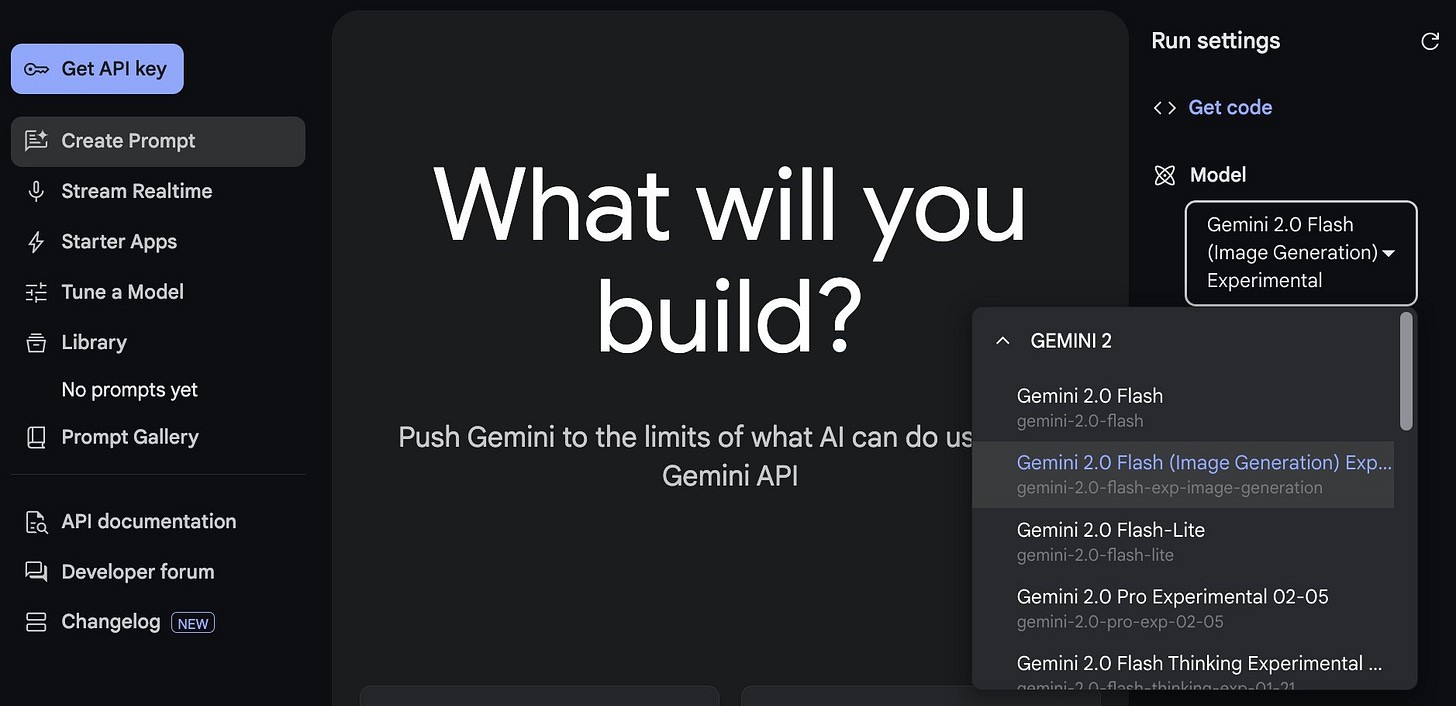
Google's AI has been caught in an amusing predicament - confidently explaining the meaning of completely made-up phrases that users type into its search engine. This peculiar behavior has revealed some core limitations of artificial intelligence systems.
When users search for the meaning of invented phrases like "a loose dog won't surf" or "never throw a poodle at a pig," Google's AI Overview feature earnestly provides detailed explanations and origins for these nonsensical expressions, sometimes even citing biblical derivations.
"The system operates on probability, placing one likely word after another," explains Ziang Xiao, computer scientist at Johns Hopkins University. "But a coherent sequence of words doesn't necessarily lead to factual answers."
This flaw stems from two key AI characteristics: its probability-based operation and its tendency to be agreeable. Rather than admitting ignorance, the AI attempts to construct plausible-sounding explanations for any input, even completely fabricated phrases.
"When people do nonsensical searches, our systems try to find relevant results based on limited web content," says Google spokesperson Meghann Farnsworth. The company acknowledges that AI Overviews trigger in these cases to provide context, even when none actually exists.
While this particular quirk might seem harmless or even entertaining, it points to deeper issues with AI systems. Gary Marcus, cognitive scientist and author, notes that this behavior demonstrates how dependent generative AI remains on specific training examples rather than true understanding.
The phenomenon serves as a reminder that while AI can produce convincing-sounding content, users should maintain healthy skepticism about AI-generated responses, even when they come wrapped in an authoritative tone.
So the next time Google confidently explains why "wired is as wired does" is a common idiom about computer behavior, remember - just because AI says it with certainty doesn't make it true.